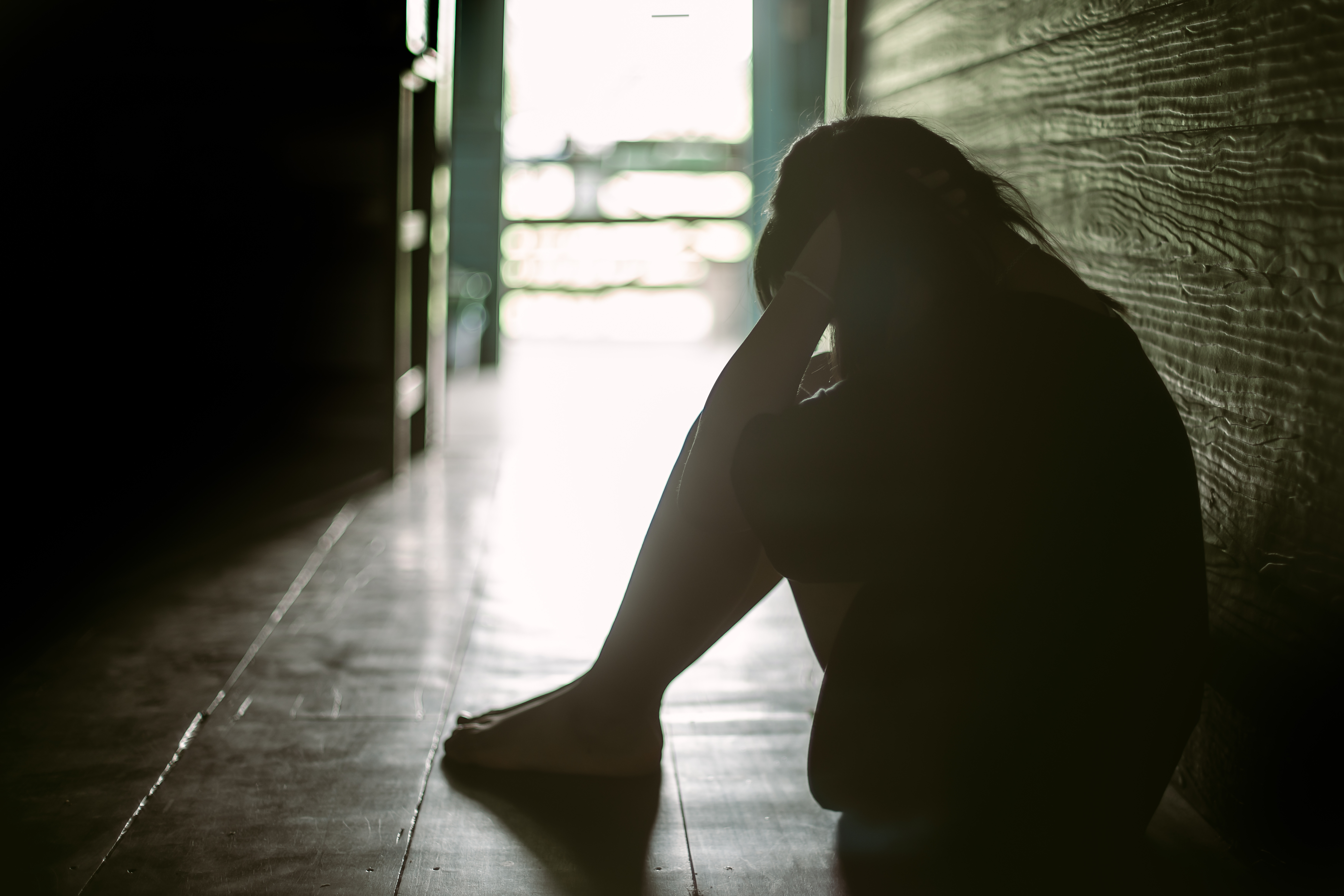Media release
From:
Children who experience coercive control face an increased risk of developing a mental illness in adulthood, a new childhood domestic violence study has found.
University of Queensland researchers found childhood experiences of domestic violence, characterised by intimidation, control, property damage or harm to pets, significantly increases the risk of mental disorders and health risk behaviours later in life.
Dr Julie Blake at UQ’s Child Health Research Centre said protecting children requires post-separation abuse to be taken just as seriously as abuse during a relationship.
“Coercive control is often perpetrated through the weaponisation of children, particularly through the family courts,” Dr Blake said.
“Tactics can include manipulating children into sharing information about the parent’s whereabouts, undermining the child’s bond with the protective parent and withholding child support payments.
“Unlike physical violence, coercive control by a parent – through acts such as systems abuse, intimidation and economic abuse – can persist long after an abusive relationship ends.’’
Coercive control involves perpetrators using a pattern of behaviours over time to hurt, humiliate, isolate, frighten or threaten a person to dominate over control them.
In men, the study found childhood domestic violence involving controlling or intimidating behaviours—regardless of physical violence—was linked to PTSD, anxiety, depression, and suicide attempts.
The research used data from the Australian Child Maltreatment Study that asks individuals aged 16 years and over for their own accounts of childhood domestic violence, rather than using parent reports or other substitute measures.
Four different forms of childhood experienced domestic violence were examined – physical violence, threats of harm, property damage including harm to pets, and intimidation or control.
Individuals who experienced domestic violence in childhood experienced rates of post-traumatic stress disorder (PTSD) 4 times greater compared to those without, the study found.
Women with childhood experiences of domestic violence showed the highest prevalence of PTSD, generalised anxiety disorder, major depressive disorder and were more likely to attempt suicide or self-harm.
Men with childhood experienced childhood domestic violence had the highest rates of alcohol use disorder and were more likely to smoke, binge-drink, and use cannabis.
Dr Blake said urgent investment is needed in child-centred, trauma-informed family violence interventions that support children’s recovery after experiences of domestic violence.
“We’ve found experiences of coercive control, which are often considered as not directly affecting children, play a critical role in shaping long-term and wellbeing outcomes,” she said.
“This study highlights why it’s no longer appropriate to measure childhood experiences of domestic violence without accounting for various forms of coercive control.
“The findings emphasise the need to advance children’s rights and protections as victim-survivors of domestic violence in their own right, through frameworks that recognise the direct harm caused by coercive control.’’
The research also recommends stronger legal protections to stop children being ‘weaponised’ by coercive control tactics after an abusive relationship ends.
In May, new coercive control laws came into effect in Queensland with a maximum penalty of up to 14 years imprisonment.
New South Wales officially made coercive control a criminal offence in 2024, punishable by up to 7 years in jail.
The research is published in the British Journal of Psychiatry.



 Australia; QLD; WA
Australia; QLD; WA


